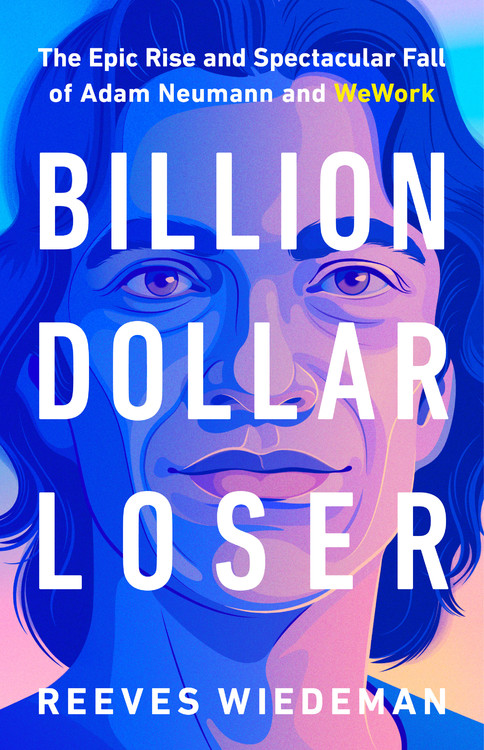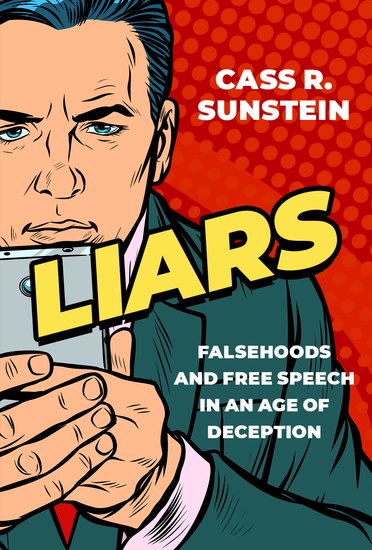The book Billion Dollar Loser by Reeves Wiedeman tells the story of Adam Neumann aka the WeWork guy. WeWork being the coworking space company that raised billions of dollars and had a sky high valuation, despite losing lots of money and not seeming to be worth anywhere nears it valuation, and then coming crashing down when they bumped in to reality. It’s a book that on the one hand, tells an important story about where the US is these days (not in a good place), at the same time there isn’t really any redeeming value here. The way Adam Neumann is portrayed is as someone both promoting WeWork as being focused on “elevating the world’s consciousness”, but also so openly touting how he pays employees peanuts, “I can hire a bunch of young people and pay them nothing.” There is no sense that there is some greater depth to the guy, he just took advantage of what he could. The story here also isn’t one of him conning people out of money, as much as the people giving him money thinking that somebody else would be the last sucker.
I used “portrayed” here specifically because the book is apparently in large part, based on hundreds of interviews the author did. There are no footnotes, so it isn’t clear where the source of many of the claims in the book comes from. Were they from the interviews or from somewhere else, as he says in the acknowledgements, “this account would also be incomplete without the work of my many journalistic colleagues”. Something that stood out to me as being concerning with the accuracy, though not a big issue in itself, was that one chapter in the book is is titled “A WeWork Wedding”, it doesn’t involve a wedding, just an engagement.
One line I thought sums up so much of the bad state of our society these days, which involves not only there being a lot of people doing bad stuff, but those people acting as if they are not:
Real estate was a dirty game, and if there was an objection to Adam, it wasn’t that his tactics were especially dastardly, but that he was pretending to be something he wasn’t.
I have certainly seen plenty of people in the business world like that and it never becomes less egregious, even after seeing more of it.
Another relevant line related to that, comes from Reid Hoffman, the LinkedIn, guy who said that start up founders:
may benefit from behaving like ethical pirates, they should never behave like sociopaths criminals
If you not looking for anything redeeming, but looking to laugh, there is plenty in the book for that. Take this line:
Adam jumped in. “There are 150 million orphans in this world today.” he said. “If we do the work right, we could wake up one day and say, ‘We want to solve the problem of children without parents in this world’ – and do it, within two years.”
Not everything about Adam Neumann seems all bad. For example, it is mentioned that he opposed, in part, the company speaking about the Muslim travel ban at the beginning of the Trump presidency due to this:
But if WeWork took a stand, he feared the imperative to speak up would become constant. He believed the company should talk with its actions, not its words. “Can we write letters every day?” Adam asked.
The concern of having to constantly speak out sounds reasonable, even if not his real reason for that.
One other element I thought worth mentioning was how the valuations of companies can be played with:
Masa’s arrival had pushed WeWork’s valuation into even more inscrutable territory. No one could compete with SoftBank to invest billions into WeWork, which meant that the $47 billion valuation—three times what Hony Capital and others had invested at in 2016 – was or more less an agreement between Adam and Masa alone. The details behind WeWork’s latest valuation were even murkier. Of the $2 billion Masa had agreed to invest in Maui, half was marked at the $47 billion figure, while the other half went toward buying out existing shareholders at a much lower price: $23 billion, only a slight increase over the price SoftBank paid in 2017.
So when you see it claimed that a private company is worth a certain amount, be skeptical.
Bottomline
If the subject sounds interesting to you, check it out. Otherwise, it is hard to say there is something of value to take away from reading the book.


